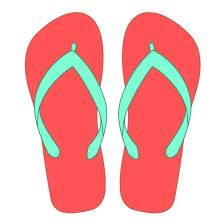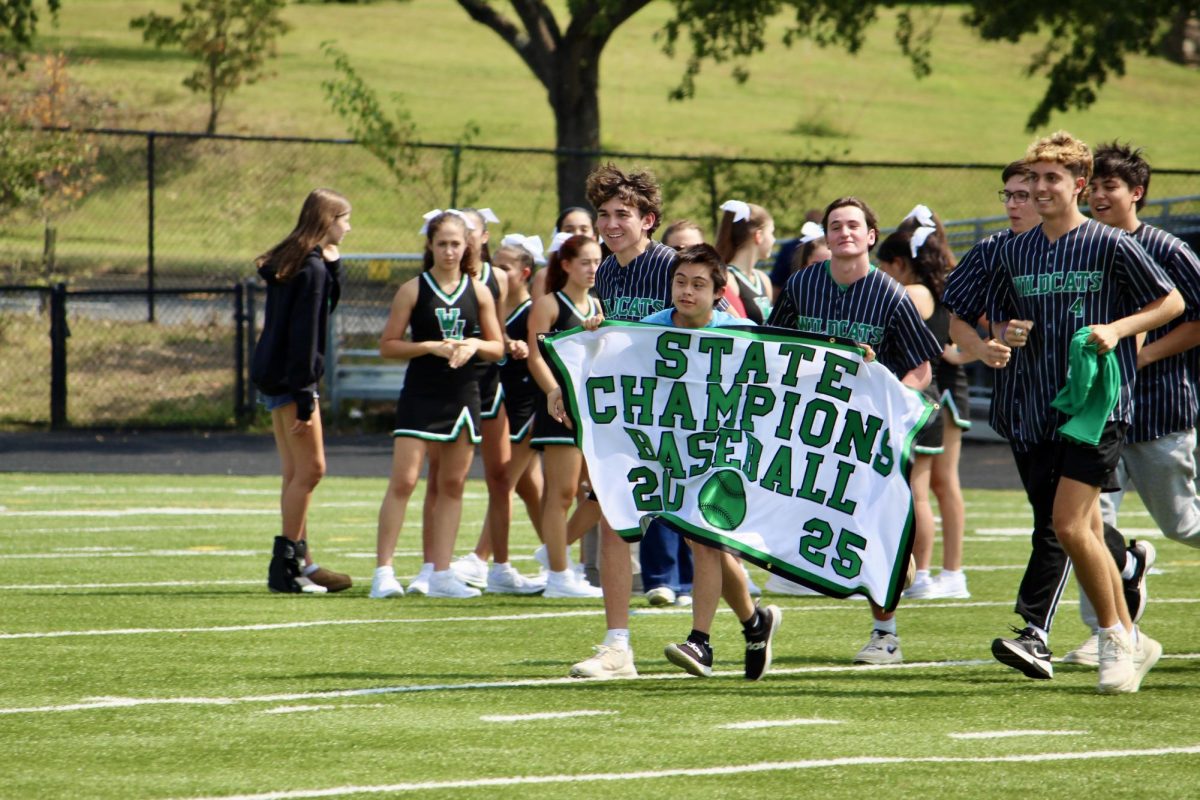For most students, when the dismissal bell rings their days are only half over. Athletic practice and extracurricular activities begin and are a way for students to relieve stress. However, with the increase in pressure of taking on a varsity sport or leadership position, are these after-school activities still enjoyable?
In a poll of 624 WJ students, 96 said that their sports and extracurriculars negatively affect their mental health at times, demonstrating that sports bring on a lot of pressure for many students.
For senior quarterback Will Gardner, being captain of a varsity sport can be challenging.
“Some days I would be here [WJ] all night, which takes time from schoolwork which takes time from sleep. [With] high school sports, you’re doing it every day of the week except for Sunday, for 15 weeks. We start in August and go all the way into November,” Gardner said.
Junior Natalie Zaid also struggles to balance schoolwork with the rigorous practice schedule of the Poms team.
“Some days we’d have practice until 9 p.m. and you don’t have time for anything else unless you are focused to the point you have no time for yourself,” Zaid said.
Many teams at WJ are very tight-knit, and during Zaid’s freshman year, the Poms team was in disarray and at a point where she wanted to quit.
“Freshman year, the team didn’t get along, we didn’t have close relationships, and were with each other every day and our coach ended up quitting. Our captains were like our coaches and I wanted to quit,” Zaid said.
The demanding schedules and practices of athletics can sometimes go as far as ruining motivation for a sport. For senior Sydney Stein, when she started playing varsity soccer and was chosen to be captain, the stress became overbearing.
“To have to go straight from school to sport can be very draining…I kind of just care less about how well I do or play now, I just care about getting through practices,” Stein said.
Sports are not the only after-school activities that can be demanding. For senior Becca Scherr, taking on the responsibilities of editor-in-chief of the yearbook was a big commitment.
“It affects my mental health sometimes because of how much of the workload is on me, it is very pressuring at times when people won’t step up and do their work. A lot of times I have to stay up till 4 a.m. in order to meet the strict deadlines we have,” Scherr said.
Despite these pressures, extracurriculars can still be a great way for students to connect with peers who share the same passion, and avoid the stress of more demanding activities. Senior Max Freidlin is president of Model UN and the Debate Team and enjoys engaging with peers who like to solve problems and debate.
“I’d say that my extracurricular responsibilities have always been a net positive for my mental health. Whatever stress I may get from planning/running clubs is always balanced out by the energy and enthusiasm I experience at meetings,” Freidlin said.















